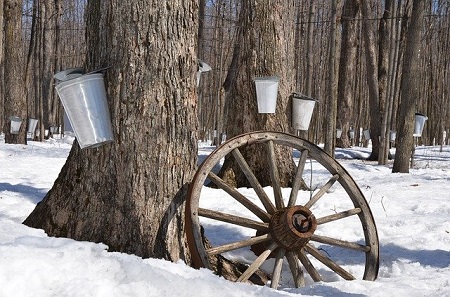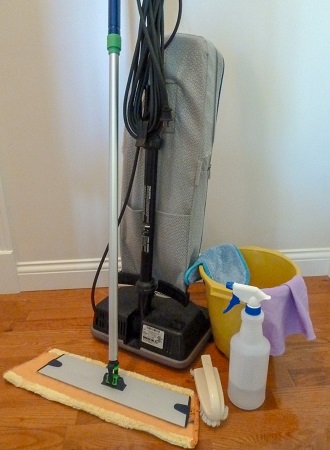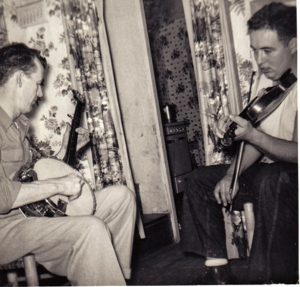In a Jiffy
 “Stay right there. I’ll be back in a jiffy.” I wonder how many parents have said that to a child. Or how many spouses have said that to one another. They don’t want the person to move. They will return quickly
“Stay right there. I’ll be back in a jiffy.” I wonder how many parents have said that to a child. Or how many spouses have said that to one another. They don’t want the person to move. They will return quickly
In a jiffy means in a short amount of time.
Closely related to immediately, if not sooner, in a jiffy can refer to:
- The speed of a person’s work (“I will finish this in a jiffy.”)
- How long a person will be gone (“I will return in a jiffy.”)
- The promise of good service (“Your waiter will be with you in a jiffy.)
- No delay of any kind
In today’s world of instant gratification, people expect almost everything in a jiffy.
No one wants to wait. Patience remains in short supply.
However, much in life is better with time.
- Fresh fruit and vegetables need time to ripen.
- People need time to learn.
- Research requires time for accuracy.
In these and other instances, haste makes waste.
Speed is often necessary. However, rather than rush, people usually do well to take one step at a time.
“If we hope for what we do not yet have, we wait for it patiently” (Romans 8:25 NIV).
Thanks to Liz Gray for the suggestion.
Do you have an expression you want explained? If so, please comment below.
Subscribe to receive my weekly posts by email and receive a free copy of “Words of Hope for Days that Hurt.”
If you enjoyed this post, please share it with your friends.
 My grandmother often said, “That doesn’t amount to a hill of beans.” In other words, it is not worth much.
My grandmother often said, “That doesn’t amount to a hill of beans.” In other words, it is not worth much. For many of us, our nose runs like a sugar tree all year. A related expression says our nose runs like a sieve. However we say it, we feel a little
For many of us, our nose runs like a sugar tree all year. A related expression says our nose runs like a sieve. However we say it, we feel a little  Like several animals (and a few people) dogs can be dangerous when suddenly wakened. Therefore, we usually let sleeping dogs lie. We leave them alone to sleep in peace.
Like several animals (and a few people) dogs can be dangerous when suddenly wakened. Therefore, we usually let sleeping dogs lie. We leave them alone to sleep in peace. Last week we looked at
Last week we looked at  Many of us live with cold feet. We don’t need winter, snow, or freezing rain. Our feet stay cold any time of year in any kind of weather.
Many of us live with cold feet. We don’t need winter, snow, or freezing rain. Our feet stay cold any time of year in any kind of weather. Many of us enjoy exploring our world up one side and down the other. We want to go everywhere and see everything. We stay ready to
Many of us enjoy exploring our world up one side and down the other. We want to go everywhere and see everything. We stay ready to  My friend Pam recently made chocolate chip pancakes. In addition to chocolate chips inside the pancakes, she sprinkled extra on top. Her husband asked why. Pam said, “I guess I’m just gilding the lily.” She was trying to make a good pancake better.
My friend Pam recently made chocolate chip pancakes. In addition to chocolate chips inside the pancakes, she sprinkled extra on top. Her husband asked why. Pam said, “I guess I’m just gilding the lily.” She was trying to make a good pancake better. When we use elbow grease, we work hard.
When we use elbow grease, we work hard.  My dad and Uncle Millard differed in many ways. However, they were like two peas in a pod in their love for music.
My dad and Uncle Millard differed in many ways. However, they were like two peas in a pod in their love for music. In addition to shared interests, like Dad and Uncle Millard, two peas in a pod may:
In addition to shared interests, like Dad and Uncle Millard, two peas in a pod may: